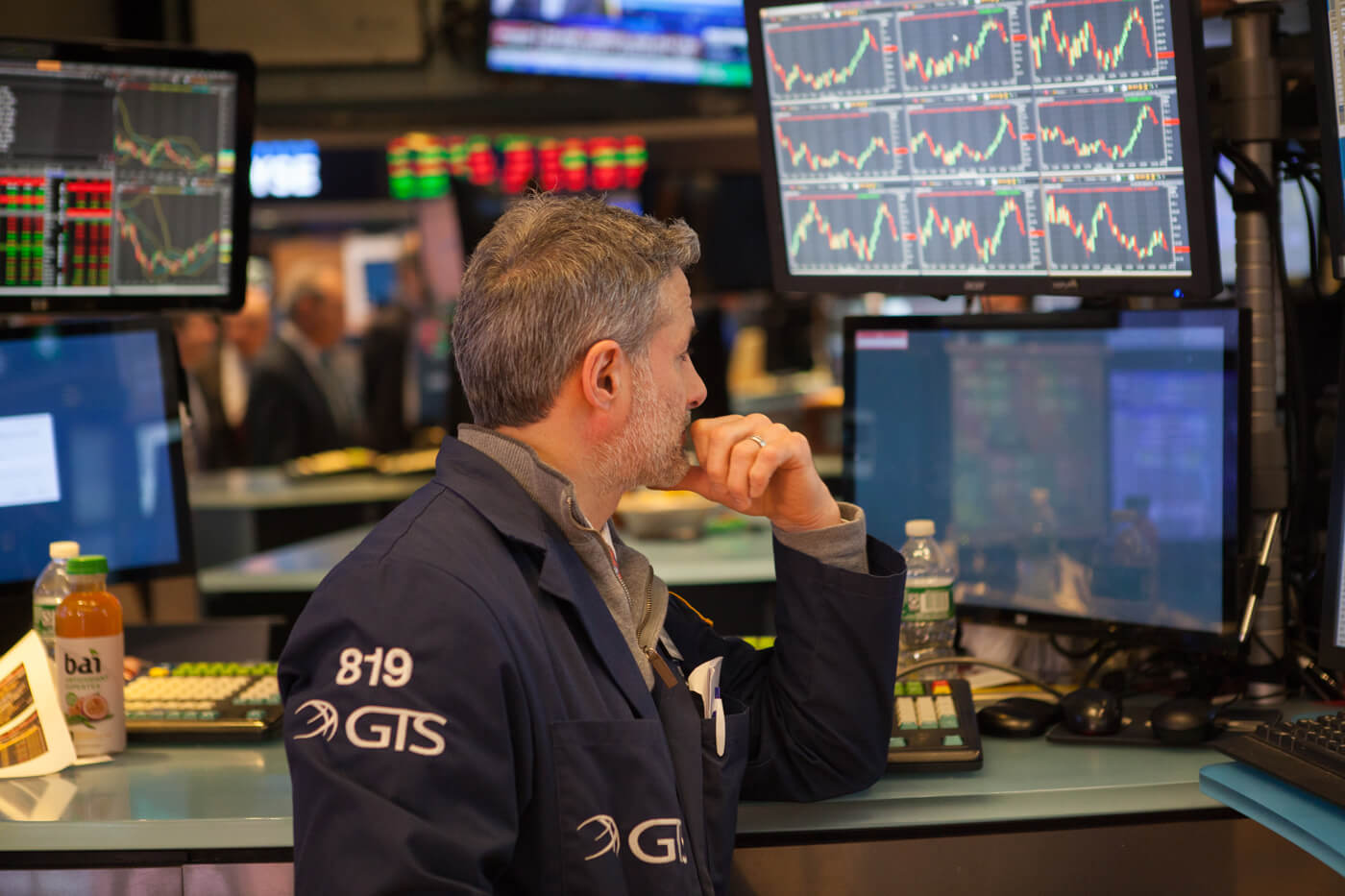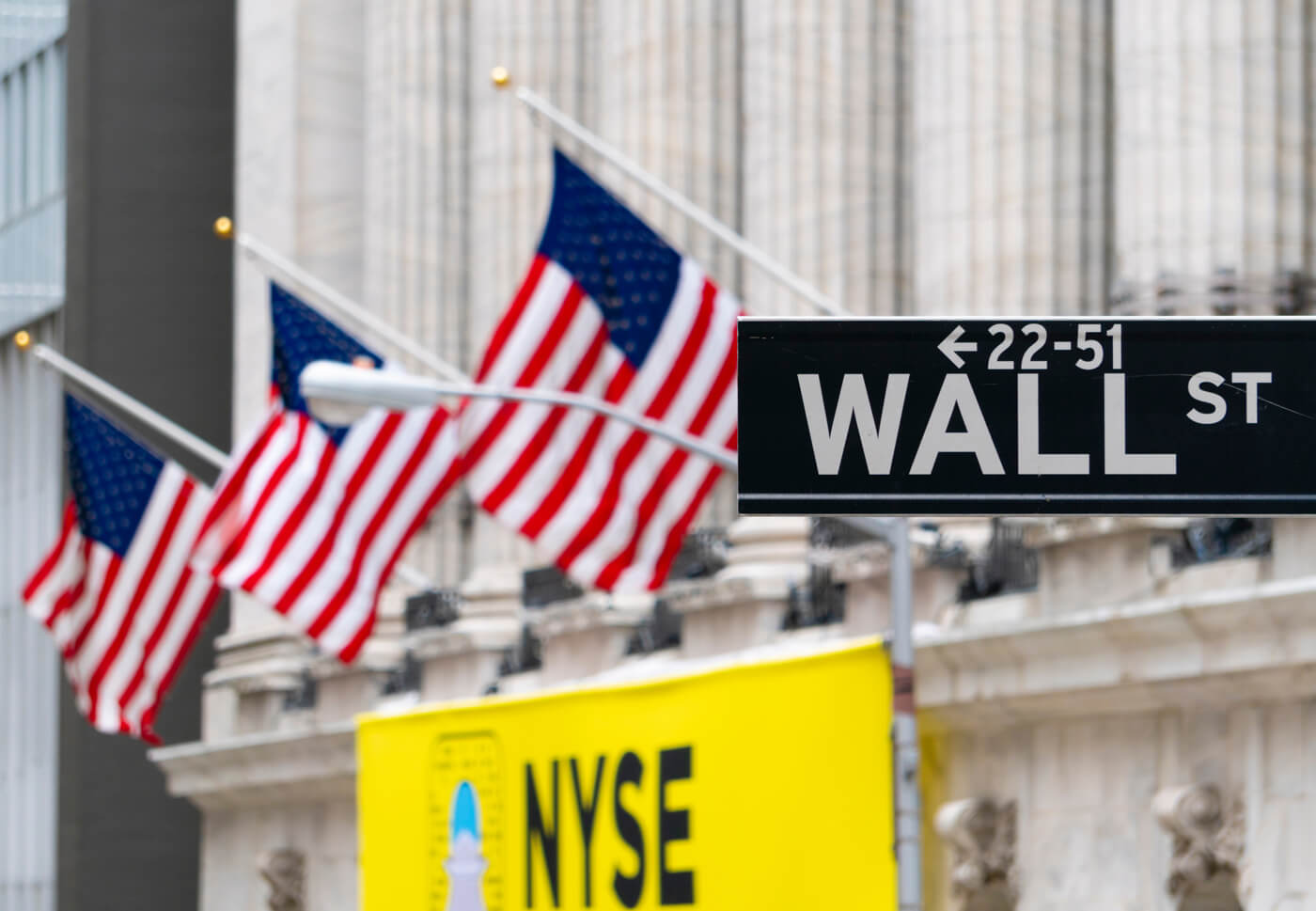In brief: Despite the floor closings, trading and regulatory oversight of all NYSE-listed securities will continue without interruption and under normal trading hours, we're told. The country's other major stock exchange, the Nasdaq, does not operate a physical trading floor.
The New York Stock Exchange recently announced plans to temporarily suspend in-person trading to help slow the spread of the coronavirus.
Starting Monday, March 23, the NYSE will move to all-electronic trading, closing access to its equities trading floor in New York, the NYSE American Options trading floor in New York and the NYSE Arca Options trading floor in San Francisco.
NYSE President Stacey Cunningham said trading floors provide unique value to issuers and investors but added that "markets are fully capable of operating in an all-electronic fashion to serve all participants."

Cunningham told CNBC that the decision to close trading floors was made after two people tested positive for the coronavirus this week at screenings set up by the exchange.
Stock markets have taken an absolute beating in the wake of the coronavirus outbreak. The Dow Jones Industrial Average, which measures the performance of 30 large cap companies, hit an all-time high of 29,551 points on February 12, 2020. A few weeks later on February 27, it experienced the single largest numerical point drop in history up to that point. Since that record high, the index has lost more than 9,800 points.
The S&P 500 Index, a measure of the top 500 companies traded in the US, has slid from around 3,386 points to 2,426 points since early February.
Masthead credit: Wall Street by ymgerman. Investor by orhan akkurt.
